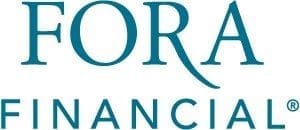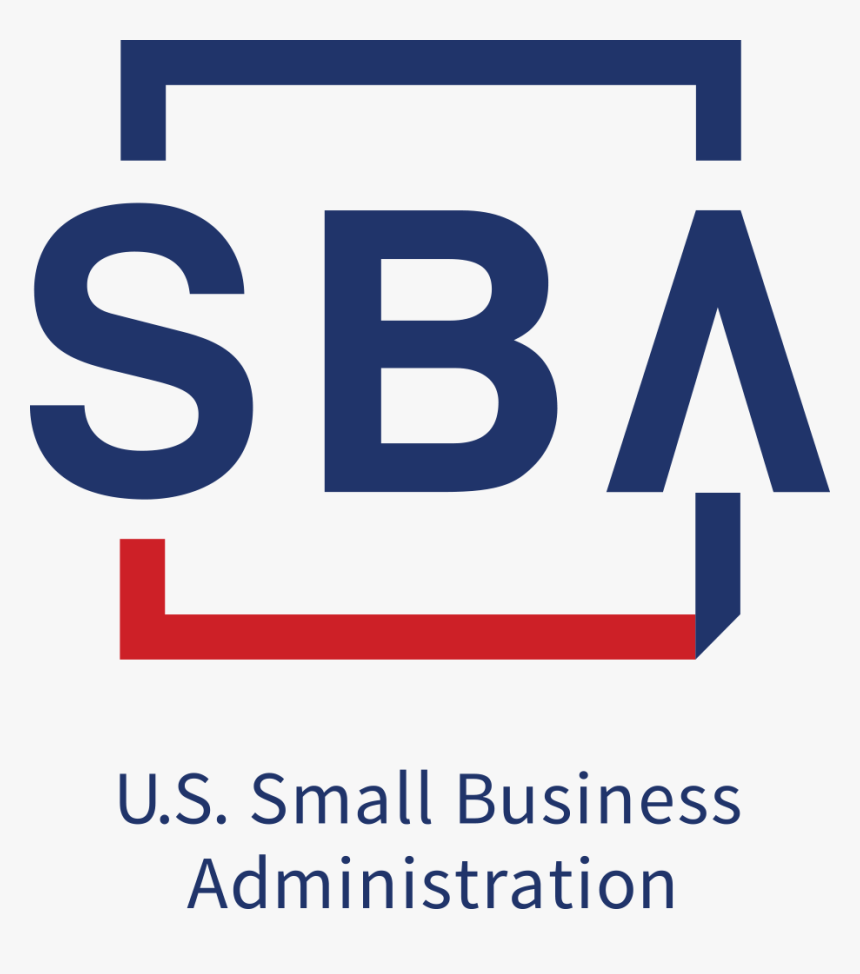LendingTree is compensated by companies on this site and this compensation may impact how and where offers appear on this site (such as the order). LendingTree does not include all lenders, savings products, or loan options available in the marketplace.
Best Working Capital Loans for Small Business
Editorial Note: The content of this article is based on the author’s opinions and recommendations alone. It may not have been reviewed, commissioned or otherwise endorsed by any of our network partners.
Working capital loans are a form of short-term business financing used to cover operating expenses — these can include payroll, daily operating costs, inventory or even rent and building expenses. A working capital loan isn’t used for long-term expenses, like real estate investments.
Financing options like term loans, merchant cash advances and lines of credit can be used as working capital loans. Common places to find working capital loans include online lenders, traditional banks and the Small Business Administration.
Best working capital loans
Here’s a list of the top lenders offering working capital loans for small businesses.
| Lender | Best for | Maximum loan amount | Terms | Minimum time in business |
|---|---|---|---|---|
| Credibly | High-revenue businesses | $400,000 | 6 to 18 months | 6 months |
| Fora Financial | Startups | $750,000 | Up to 15 months | 6 months |
| Fundbox | Fast funding | $150,000 | 12 or 24 weeks | 6 months |
| Bluevine | Line of credit | $250,000 | 6 to 12 months | 6 months |
| Uplyft Capital | Merchant cash advances | $500,000 | 2 to 12 months | 6 months |
| SBA CAPLines | Established businesses | $5,000,000 | Up to 120 months | Varies, but usually at least three years |
Learn more about the methodology behind our picks here.
Credibly: Best for high-revenue businesses
Pros
Transparent about their rates and fees.
Only requires a credit score of 500 or less.
Cons
Requires $15,000 in monthly revenue.
Not ideal for new businesses — Credibly requires six months or more of business history.
Online lender Credibly offers a working capital loan option up to $400,000. The lender’s website is also clear about its starting rates, so you shouldn’t be too surprised by a loan offer.
Fora Financial: Best for startups
Pros
Early repayment discounts offered.
Potential Fora Financial borrowers can apply with only a few bank statements required.
Cons
Terms up to 15 months may be short for businesses borrowing large amounts.
Daily or weekly payments are required.
The small business loans from Fora Financial offer businesses working capital loan approval in as little as 24 hours. Plus, Fora is a direct lender, and offers a free no-obligation quote for businesses.
Fundbox: Best for fast funding
Fundbox has a particularly fast approval process and timeline to funding.
Credit scores as low as 600 are accepted.
Cons
Terms are quite short and repayment is due weekly.
Requires $100,000 in annual revenue to qualify.
If your business is in need of working capital funds quickly, a Fundbox line of credit may be a good option to consider. If you’re approved, borrowers can receive funding from Fundbox as soon as the next business day.
BlueVine: Best for a line of credit
Pros
Fixed monthly or weekly payments to repay the line of credit back.
Line of credit replenishes with each repayment.
Cons
Lien required to secure financing.
Somewhat low financing amounts available.
If you need higher amounts than what Fundbox offers, a line of credit with BlueVine can get you funds up to $250,000. The lender advertises receiving a decision in as fast as 5 minutes and access to your funds as soon as one business day.
Uplyft Capital: Best for a merchant cash advance
Pros
The requirements with Uplyft Capital are fairly lenient, so it may be easy to get funding.
Repayment is done with a percentage of credit card sales or through ACH debits, withdrawn daily or weekly.
Cons
The factor rates on the funding from Uplyft could end up costing you quite a bit of money.
Short terms can be difficult to repay.
The low credit score requirement with UpLyft makes it easier for you to get the funding you need — plus, you can get access to it quickly.
SBA CAPLines: Best for established businesses
Pros
No down payment required.
Several options for you to choose the right one for your business.
Cons
SBA loan applications can be lengthy and time-consuming.
Prepayment penalties may apply.
The SBA CAPLine is a specific type of 7(a) loan — however, instead of paying out the loan in a lump sum like a traditional 7(a) term loan, it’s a line of credit that you can draw upon when you need it.
Types of working capital loans
Working capital loans can be used to cover operating expenses for small businesses — such as payroll, daily operating costs and even purchasing inventory — and take the form of many common types of short-term financing.
Short-term loans: A short-term loan is a type of loan when you receive a lump-sum of cash upfront and then pay off the amount (plus interest) over regular installments; this is commonly done over a period of three to 18 months. Borrowers are typically offered up to $500,000, and these funds can be used for the working capital purposes your business needs.
Line of credit: Instead of a lump sum of cash, a business line of credit is a flexible form of financing that you can draw upon as needed. You can borrow as little or as much as your business needs up to your credit limit, and repay what you’ve borrowed to regain the full line of credit amount.
Merchant cash advances: Though technically not a loan, a merchant cash advance is an alternative form of business financing that offers you a lump sum of money in exchange for a percentage of your businesses’ future earnings (commonly, your credit card sales). You can use the money to cover business needs and you can then repay with a percentage of daily or weekly credit card sales. However, the factor rate for this type of funding could make it a more expensive option.
SBA loans: The Small Business Administration offers working capital loans through its CAPLines program — an umbrella term for a type of 7(a) loan that functions as a line of credit. They can offer good terms and loan amounts to help you fund your business needs.
How does a working capital loan work?
A working capital loan is generally seen as a catch-all term for short-term business financing. You may decide it’s time to get one for your business because you have unexpected business expenses that arise, or you’d like some extra cash to help your business expand.
The repayment plan and timeline will vary depending on the type of working capital loan you end up choosing. Some may require daily or weekly payments from your credit card sales or just direct payments from your business account.
Pros and cons of working capital loans
| Pros | Cons |
|---|---|
Flexible funding that can be used for a wide range of business purposes. Quick funding from some online lenders. Accessible to a wide range of businesses, with varied minimum requirements. | Interest rates can be high due to factor rates. Loan amounts can be on the lower side for some options. Collateral may be required to secure the loan. |
Methodology
To appear on our list of best working capital loans, we considered the type of loan product, the required length of time in business, interest rate and term length.
Lenders needed to meet the following criteria:
- Minimum credit score requirement of 680 or below.
- Repayment terms of at least 3 months.
- Minimal restrictions on loan uses or purposes.
Frequently asked questions
When should a business get a working capital loan?
You should get a working capital loan when you need some money to help carry your business in a slow season or you’re looking to expand. A business might want to consider a working capital loan to have access to extra funds for business operating expenses, rather than for investing in equipment or real estate.
What is the difference between a term loan and working capital loan?
A working capital loan is used for ongoing business operating expenses and can include a range of loan types, including lines of credit or term loans. In contrast, a term loan is a specific type of business loan — with this type of loan, a lump sum of cash is dispersed up front and repaid in regular installments, usually monthly.
How do you get a working capital loan?
To get a working capital loan, you’ll want to first consider what your borrowing needs are. How much funding do you think you’d need, and how long would you need to borrow it for? Compare lenders until you’ve identified one that’s a good fit, then make sure your personal and business credit scores match that lender’s criteria and gather the required loan application materials. This may include a business plan, your tax filings, at least three months of bank statements and any profit and loss sheets you have.
What is the interest rate range on working capital loans?
The interest rates for working capital loans can vary quite a bit depending on the lender and the type of loan you get. Factor rates are also frequently involved, and these rates can make your interest payments higher.







